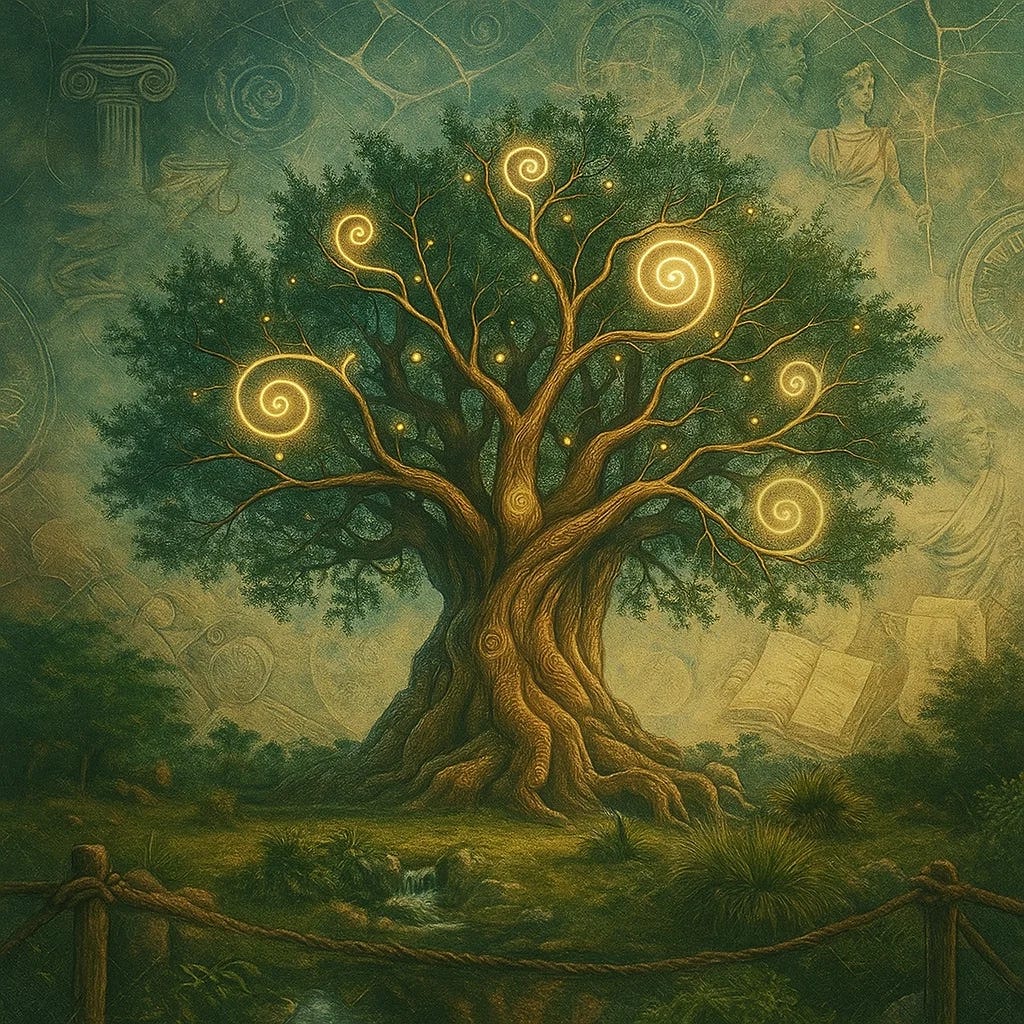This excerpt is from The Ancestor’s Tale by Richard Dawkins and Yan Wong.
History doesn’t repeat itself, but it rhymes.
- MARK TWAIN
History has been described as one damn thing after another. The remark can be seen as a warning against a pair of temptations but, duly warned, I shall cautiously flirt with both. First, the historian is tempted to scour the past for patterns that repeat themselves; or at least, following Mark Twain, to seek reason and rhyme for everything. This appetite for pattern affronts those who insist that, as Mark Twain will also be found to have said, ‘History is usually a random, messy affair’, going nowhere and following no rules.
The second connected temptation is the vanity of the present: of seeing the past as aimed at our own time, as though the characters in history’s play had nothing better to do with their lives than foreshadow us. Under names that need not trouble us, these are live issues in human history and they arise with greater force, and no greater agreement, on the longer timescale of evolution. Evolutionary history can be represented as one damn species after another. But many biologists will join me in finding this an impoverished view.
Look at evolution that way and you miss most of what matters. Evolution rhymes, patterns recur. And this doesn’t just happen to be so. It is so for well-understood reasons: Darwinian reasons mostly, for biology, unlike human history or even physics, already has its grand unifying theory, accepted by all informed practitioners, though in varying versions and interpretations. In writing evolutionary history I do not shrink from seeking patterns and principles, but I try to be careful about it.





Curious to know the author’s take on issues like antisemitism which occurs in every epoch with various forms of persecution of Jewish people - is it a repeating pattern or something else? What changes in our evolution would need to occur for it to stop being a common historical phenomenon (besides the obvious total annihilation of Jews)? Are humans the only species that deliberately and systematically destroys other competing members of its species?
We evolved in a prehistoric past where we had threats from other species and threats from other humans competing for food, etc. Those humans who carried genes that tended to divide the world into us vs. them groups were more likely to survive and pass those genes on to their progeny, etc. We still have those genes even though we no longer live in a Stone Age environment. We are not genetically predisposed to hate any particular group but we can be culturally “educated” to falsely believe that some human groups are more dangerous than others and need to be eliminated. Hitler was an example of promoting this type of behavior.
Chimpanzees, our closest primate relatives, also tend to divide the world into us vs. them families that compete for land to live on. This was noted by primatologist Jane Goodall. Chimpanzees don’t have the communication skills we do and we often useourv skills to communicate misleading information. We see examples of this everyday in the reporting on what politicians of different parties say about various issues. So it goes.
Blame Darwin. 😇